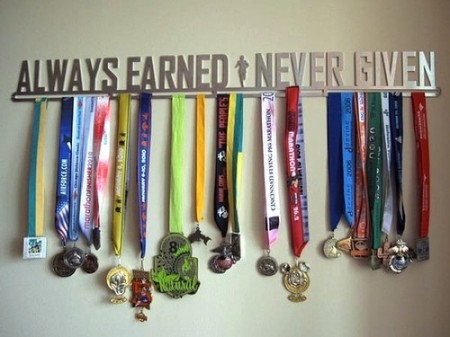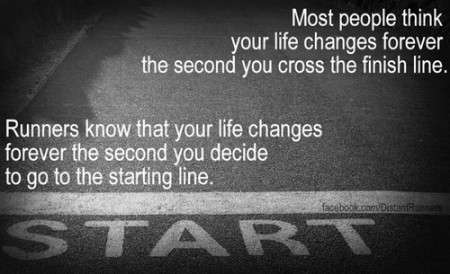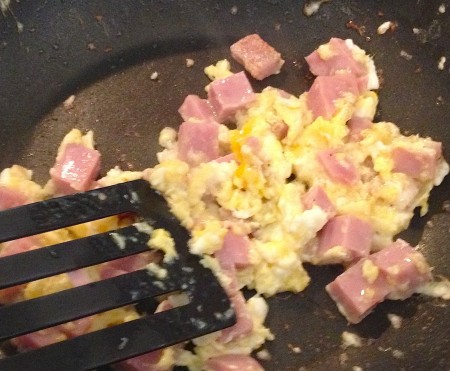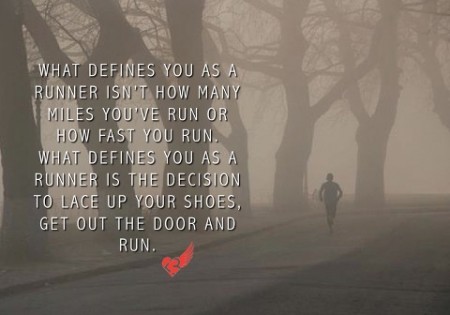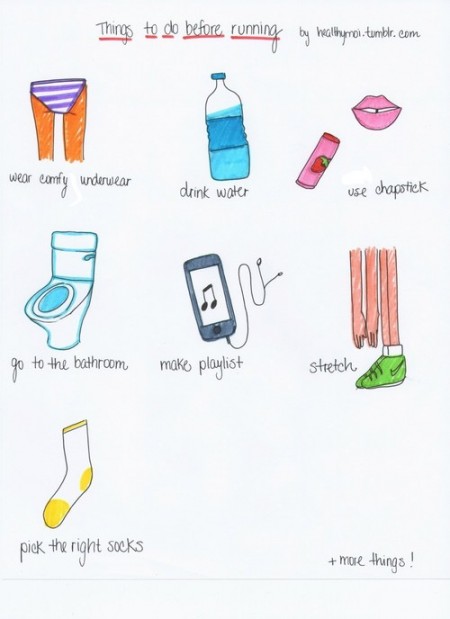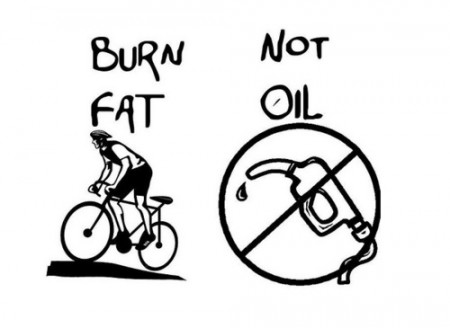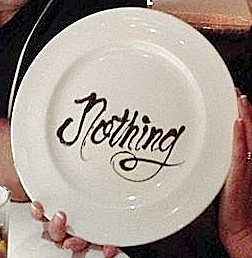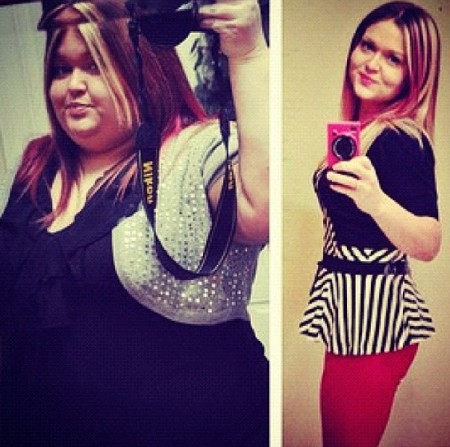Hunger is a strange thing. It’s far more powerful than any other digestive pain I’ve experienced. I was bleeding, bloated and doubled over with an intestine trying to process whole wheat at the insistence of the USDA food pyramid, but all that pain isn’t quite as insistent as hunger.
Yet, we are told to not let food control us. ALL THE TIME…
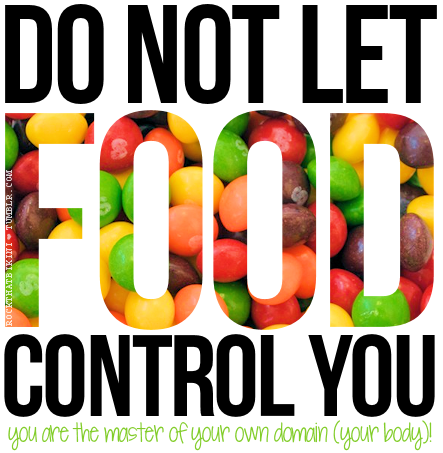
The images show up on Pinterest and Tumbler and Facebook, urging us to control ourselves and say no to food, despite the intense urging of hunger.
How are we supposed do that?
How do people suffering from anorexia do it? Do they not feel hunger the same way I do? Is it somehow easier for them? According to this article in Psychology Today, the answer is NO. People who have anorexia feel every urge and pang.
Myth 2: Anorexics don’t feel hungry.
Of course they do. They’re only human, however much they like to pretend otherwise. Hunger is the point, after a while: it’s the great tormentor and the great addictive high. You’ll say you’re not hungry ad nauseam, but it’s an excuse that wears thin when you’re staring with eyes sunken into a skeletal head at the biscuit on someone else’s plate, of which you’ve just been offered one, and refused. (‘I’ve already eaten / just had a big lunch, thanks’, is the other implausible stand-by.)
So, even people who starve themselves feel hunger and deny it. If they can stop themselves from eating despite that physical urging of LITERAL starvation, why is it so difficult for me?
Don’t misunderstand me. I don’t want to suffer through the pain of anorexia. I just wonder why my I cannot do what every “fitspo” and “thinspiration” Tumbler urges me to do.
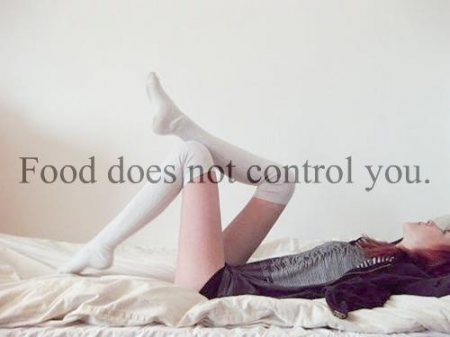
Part of the problem is eating the right foods. When I eat low carb, I tend to have less hunger than when I eat a higher percentage of carbohydrates. Then again, once I’ve been eating low carb for a while, I tend to have insane cravings that become downright obsessive.
According to this post, I just need to take control.
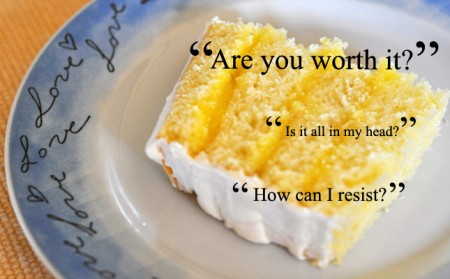
Think of the consequences. When you feel a craving surfacing in your thoughts, think of what would probably happen if you do give in. Will it reset your diet plan? Will it make fitting into your dress next to impossible? By focusing on the aftermath, you would be able to persuade yourself to save the munchies for later.
Hydrate. If you’re not particularly hungry, opt to drink water. It will make you feel fuller, and prevent you from going through with your bingeing plans. Besides, you could probably use more fluids anyway.
Eat with your five senses. If you keep rushing through your meals like there’s no tomorrow, you’ll be more likely to give in to your cravings later on. However, if you enjoyed your last meal, you’d feel a lot fuller.
Keep calm and carry on. According to WebMD, cravings kick in especially when we feel stressed or anxious. We may find ourselves craving for carbohydrates because they boost our serotonin levels, which in turn, make us calm. We may also crave for a combination of fat and sugar which supposedly has the same effect on our body.
Set specific limits. If you must give in (meaning you can no longer concentrate on work unless you satisfy your craving), keep your consumption to a minimum. Instead of a whole slice of chocolate cake, eat only half.
Is that all it is? I don’t have control, whereas thin people do? Is it really that simple?
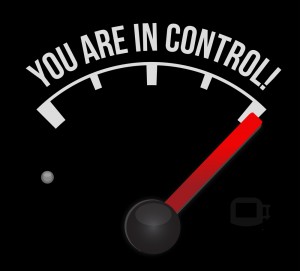
Somehow, I think it’s more than that. I believe that powerful physiological factors are at work, not to mention some psychological ones. Only once we learn how to control THEM can we actually get in control of our hunger, and sadly every human body is a little different. Getting your hunger under control is going to take individual experimentation from every person struggling with this issue, including me. And, sadly, once I find out what works for me, it really will only be the answer for ME.
Images via:
 Buy Walking Videos
Buy Walking Videos